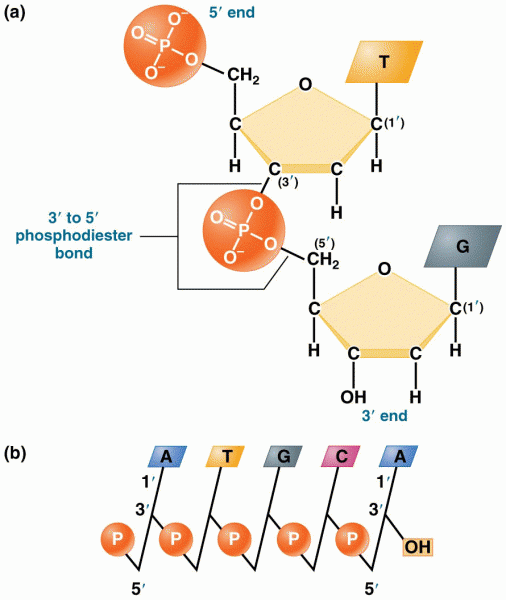|
|
|
There used to be a metric calendar, as well as metric clocks. The metric calendar, or "French Republican Calendar" divided the year into 12 months, but each month was divided into three 10-day weeks. Each day had 10 decimal hours. Each hour had 100 decimal minutes. Due to lack of popularity, the metric clocks and calendars were ended in 1795, three years after they had been first marketed.
Drying your hands with a paper towel will reduce the bacterial count on your hands by 45–60%.
Bacteria have flourished on the earth for over three billion years. They were the first life forms on the planet.
For pediatric patients, intravenous fluids are the most commonly cited products involved in medication errors that are reported to the USP.
In the ancient and medieval periods, dysentery killed about ? of all babies before they reach 12 months of age. The disease was transferred through contaminated drinking water, because there was no way to adequately dispose of sewage, which contaminated the water.







